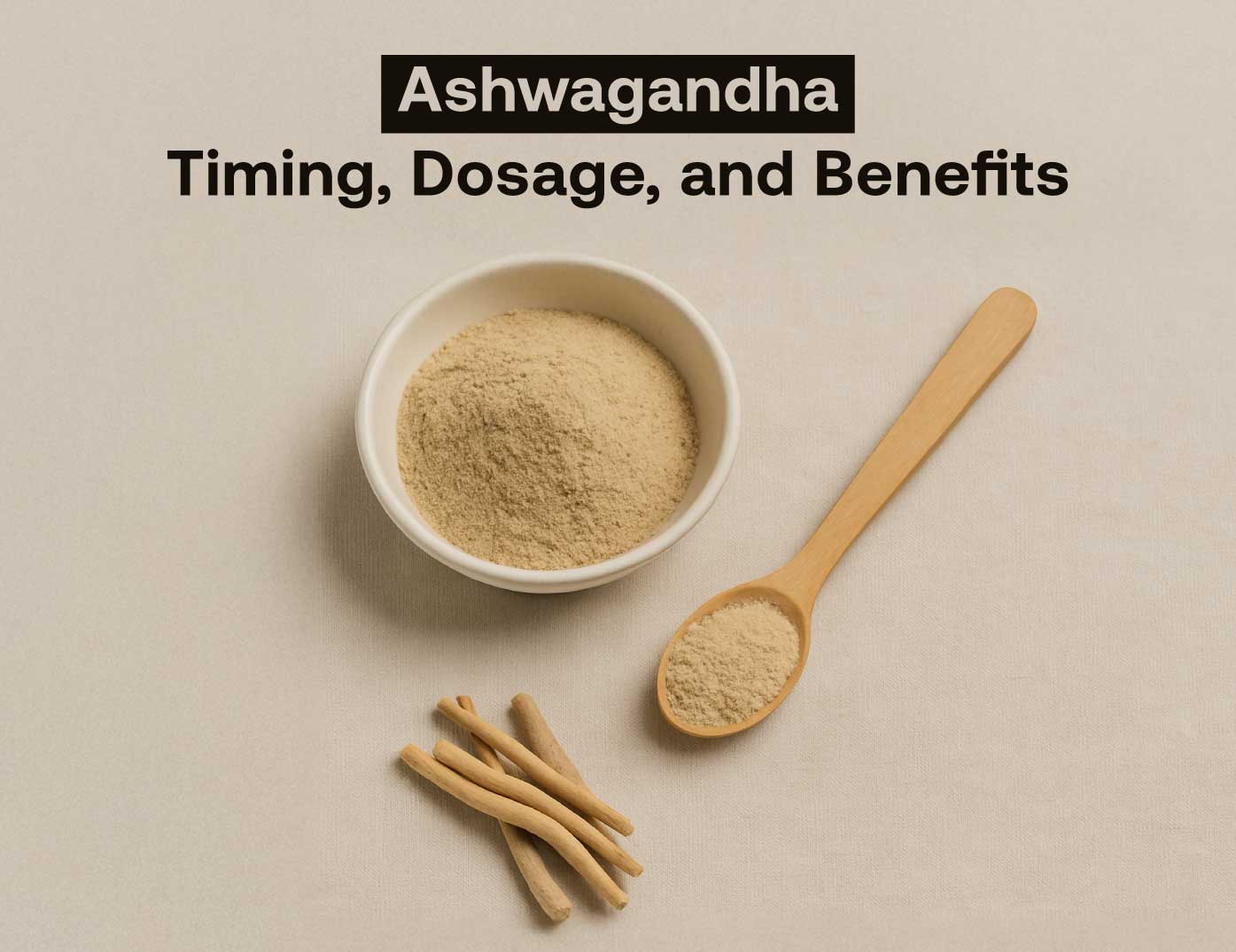Table of contents
There’s a saying in Ayurveda about the postpartum window: 42 days for the next 42 years.
This means that the way a new mother is cared for after birth sets the tone not only for her long-term health and well-being, but also for that of the next generation.
The weeks after childbirth, often called the Sacred Window, are unlike any other time in a woman’s life. In Ayurveda, this window is defined as the first 42 days after birth. It’s a short but powerful window of time when the body, mind, and heart are especially open, tender, and ready to be rebuilt. During this potent six-week period, the body’s capacity to heal and repair is nothing short of miraculous. As a result, the nourishment you receive during postpartum can absolutely shape your health for decades to come.
As an Ayurvedic Practitioner and Postpartum Doula, I’ve seen firsthand how intentional care in these early days helps new mothers recover physically, balance their hormones, support breastfeeding, and restore emotional well-being.
The Ayurvedic View of Postpartum Recovery

Childbirth is a profound transition, one that changes everything from your sleep to your hormones to your digestion. In Ayurveda, we recognize that after birth, the body moves into a vata-dominant state. Vata is one of the three ayurvedic doshas. It is representative of the air and ether elements, so it brings a wind-like energy to the body and mind. Just like the wind, vata is light, dry, mobile, and cold, qualities that can leave new mothers feeling depleted, achy, restless, or emotionally unsteady.
Ayurvedic postpartum care focuses on replenishing what’s been lost, protecting energy reserves, and creating warmth, stability, and nourishment.
Key areas of support include:
Hormonal balance – gentle routines, warming foods, herbal preparations and restorative rest help the body recalibrate naturally.
Emotional stability – calming the nervous system to ease mood shifts and reduce anxiety through vata-balancing measures.
Breastfeeding support – using specific foods, herbs, and rhythms to improve milk flow and quality.
Core Principles of Ayurvedic Postpartum Care

The foundation of Ayurvedic postpartum healing is built on simple but powerful principles: rest, warmth, nourishment, loving touch, and community support. Together, these timeless practices help new mothers recover more fully, promote healthy lactation, restore strength, boost immunity, balance hormones, and prevent depletion. This is what sets the stage for resilience in motherhood and beyond.
Rest – In the Sacred Window, rest isn’t indulgent; it’s medicine. Taking the pressure off “bouncing back” right away allows your tissues and hormones to heal more quickly and effectively. It may seem counterintuitive, but doing less upfront will enable you to have the strength and resilience to do more later (after your sacred window is complete).
Warmth – From the meals you eat and the tonics you drink to the blankets you wrap around yourself, warmth anchors Vata and keeps circulation strong. Because so much energy was expelled outward during childbirth, the Sacred Window is a time to begin drawing the stabilizing, loving energy that warmth brings back into yourself.
Nourishment – Easy-to-digest, grounding foods like kitchari, stewed fruits, and spiced milks help rebuild strength and support lactation. To maintain healthy digestive fire during your sacred postpartum window, avoid cold, raw, and dry foods. Instead, emphasise foods that are soft, moist, and smooth.
Loving touch – Daily oil massage (abhyanga) soothes the nervous system, encourages hormone balance, and supports physical recovery. It is said to be one of the most healing, nourishing, and life-giving practices that there is. Oil massage aids emotional well-being and helps to promote deep rest. The last time I shared abhyanga with a new mother, she said, “Every woman deserves this.”
Community care – Receiving help with meals, baby care, and household tasks creates the space for healing to happen naturally. In Ayurveda, being surrounded by loving support is considered essential for rebuilding strength and emotional stability. Accepting care allows new mothers to rest more deeply and enter parenthood feeling nourished rather than depleted.
Ayurvedic Practices for the Sacred Window

Ok, let’s break it down a little further.
Nourishing meals – Think warm grains, porridges, soups, stews, cooked vegetables, ghee, and gentle digestive spices (like ginger, cumin, coriander, and black pepper). These build ojas (deep strength and immunity) and can help stabilize hormones.
Herbs for breastfeeding & hormone health – Shatavari, fennel, fenugreek, and calming herbs like chamomile are commonly used to encourage milk flow and ease tension. These herbs can be made into teas, tonics, energy balls, or easy-to-take tablets.
Daily rituals – Oil massage, gentle belly wrapping, and warm baths infused with soothing herbs will support both body and mind. Though it may not feel possible to practice all three of these every day, see if you can pick one each morning and set a goal to make it happen by the end of the day. Any amount of daily rejuvenative rituals will support the body immensely. Try to carve out a little time for yourself every day.
Mind-body connection – Simple breathwork, yoga nidra, and short guided meditations help calm emotional fluctuations. I often recommend a version of alternate nostril breathing where you simply imagine the breath moving in one nostril, then out the other, and so on. This variation of nadi-shodhana pranayama is a hands-free way to balance the flow of prana (life force energy) to support nervous system regulation.
Addressing Common Postpartum Challenges

Digestive changes
The best way to prevent digestive imbalance is to eat warm, gently spiced foods to help reignite agni ( digestive fire). When constipation, gas, or bloating arise, it’s a sign that vata dosha is elevated. Try sipping warm, freshly boiled water or fennel tea throughout the day and place a hot water bottle on your belly. For constipation, stewed fruit can be incredibly beneficial. Whenever possible, enjoy freshly prepared meals and continue to avoid raw, cold, and even frozen foods.
Postpartum Constipation Remedy: Rehydrate ¼ cup of dried fruit (raisins, figs, prunes, or apricots) in hot water for 2-3 minutes. Strain or drink the hot water, then warm the soaked fruits in a pan with ghee and cinnamon for another 2-3 minutes. For best results, enjoy daily in the morning.
Hormonal shifts
Consistent routines and nourishing fats support smoother hormonal regulation. It can be difficult to maintain a routine when you’re centering your schedule around a baby’s needs, but try to maintain a few consistent practices every day. Can you hydrate with a warm herbal infusion first thing in the morning? Can you aim to eat each meal within the same 1-2 hour window everyday and add plenty of ghee to it? Can you offer yourself a ritual of body care (bath, massage, belly wrap, etc.) every afternoon? Consistency of daily practices is one of the greatest gifts we can give the nervous system in order to promote natural hormonal balance.
Emotional ups and downs
It is completely normal to experience emotional ups and downs during the postpartum window. There is so much joy to soak up, and also lots of challenges that arise in correlation with exhaustion, overwhelm and integrating a new way of life. Grounding rituals and nervous system support help keep the mood steady so you feel resilient to navigate the difficult moments with grace.
A simple oil massage to the feet can be incredibly grounding. Ask your partner or another loved one to do this for you daily, or a couple times each week. It’s a wonderful way to feel connected and held. Remember that you are worthy of all the care, love, and tenderness that you offer to your beautiful baby.
To bolster yourself, consider adding Osh Wellness Hormonal Balance & Mood Support into your daily postpartum rhythm. No act of care is too small! Herbs are a powerful way to fortify your physical and emotional wellbeing.
Breastfeeding difficulties
Each mother’s journey with breastfeeding is different. It is important to be gentle with yourself as you and your baby establish a rhythm that is comfortable for you both. To support milk flow and supply, consider incorporating galactagogue foods (like ghee) and herbs (like fenugreek or a lactation support capsules) into your daily routine, as well as stress-reducing practices to relieve constriction in the body.
When in doubt, meet with a lactation counselor for personalized guidance around proper positioning, latch, milk transfer and any other difficulties that may need troubleshooting or a little extra attention.
Restoration Beyond the Sacred Window

When this early postpartum period is honored, mothers often notice benefits that last for years:
Stable energy and mood
Balanced hormones and healthy cycles
Strong digestion and immunity
Resilience to stress and illness
This isn’t just about “getting through” postpartum, it’s about making the experience sacred and enjoyable, while creating a foundation for lifelong health.
Receiving Support

Ayurvedic postpartum care can be personalized to your unique body, baby, and lifestyle.
You deserve the same tender care you offer your baby. When you honor the Sacred Window, you give both yourself and your child the gift of a nourished, resilient beginning.








